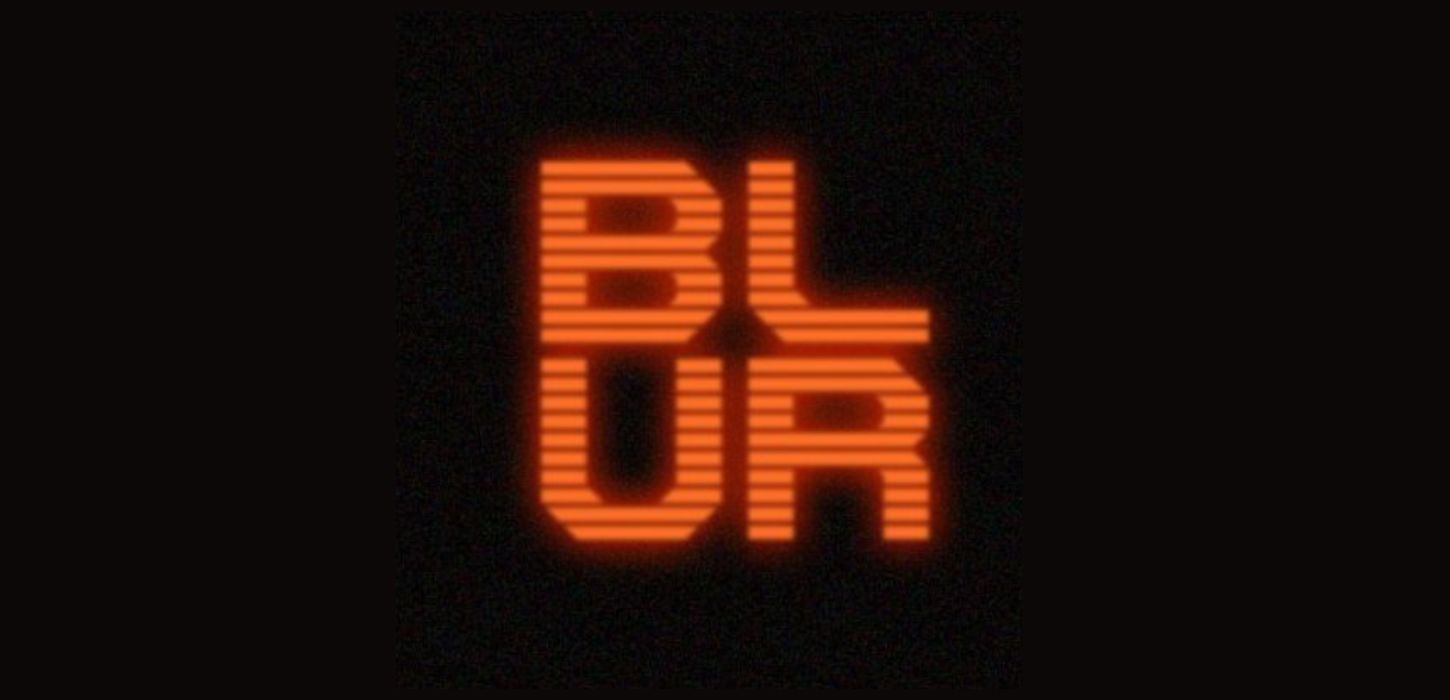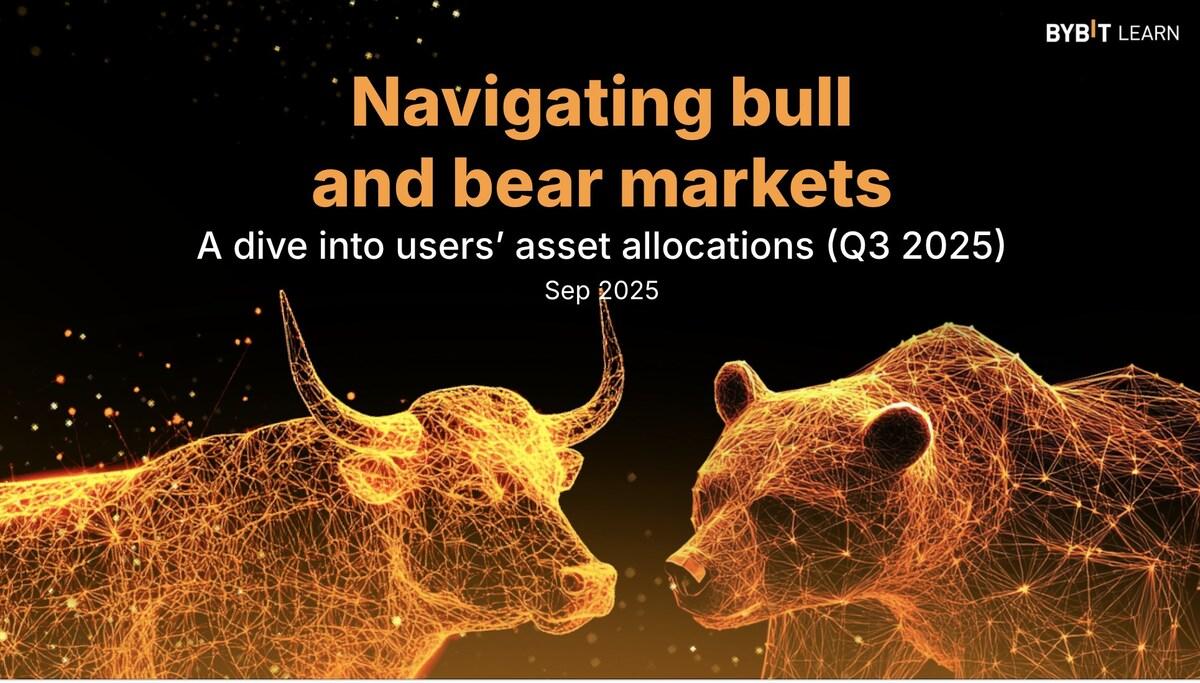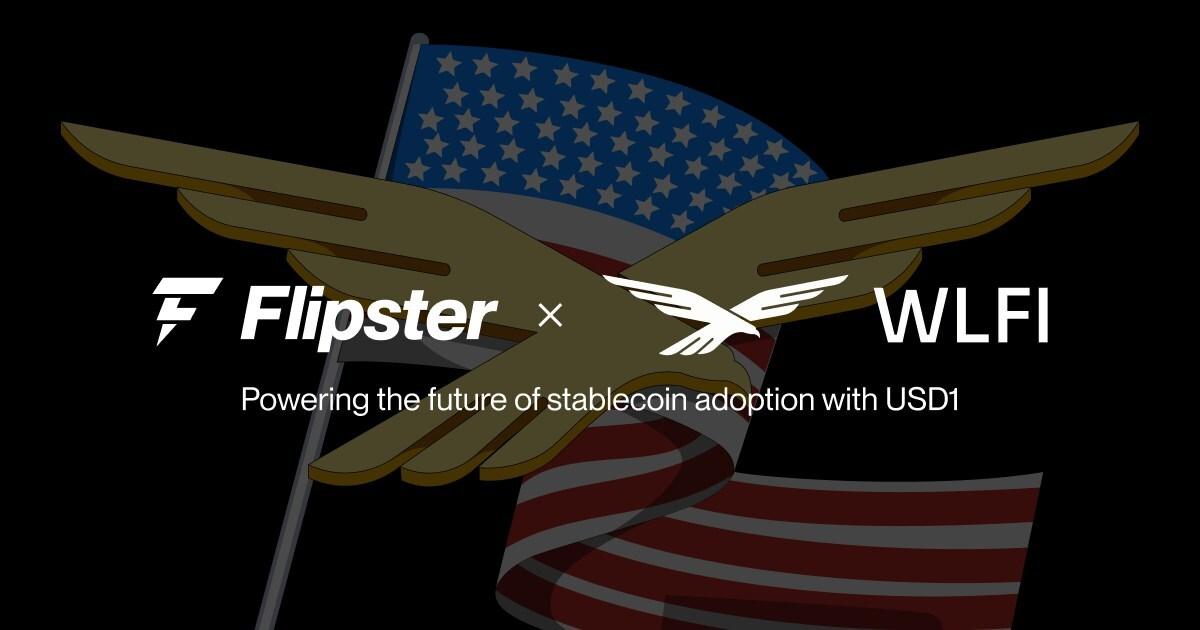Did Blur Kill The NFT Market?

Blur founder, Pacman, defends his NFT marketplace against accusations that the platform’s strategies crashed the NFT market.
Are NFTs In Trouble Because Of Blur?
NFT marketplace Blur faces a public backlash over the falling NFT prices as investors and traders point fingers at its incentivized trading model. The upstart marketplace surpassed OpenSea as the leading Ethereum NFT trading platform by volume in February but now faces scrutiny.
As the NFT market faces turbulent times, questions about the long-term sustainability of incentivized trading models are being raised. Bored Ape Yacht Club prices hit a two-year low, and other notable projects have also seen sizable price declines. Traders and investors are reevaluating the underlying value of NFTs and whether the current market downturn is a natural correction or a symptom of larger systemic issues.
Blur’s Controversial Stance On NFTs
Blur’s stance that NFTs are not unique assets but rather “altcoins with pictures,” as controversially tweeted by crypto influencer Cobie last year, has reinforced this sentiment.
Blur made its debut as a marketplace in October, positioning itself as the platform for professional NFT traders. The promise of a token airdrop enticed users to choose Blur over competitors like OpenSea. When the BLUR token was finally launched in February, Blur quickly overtook OpenSea, becoming the top marketplace in terms of trading volume.
A Short-Lived Success For Blur
Traders began rapidly flipping NFTs to earn rewards, treating assets like Bored Apes and Otherside land plots as if they were fungible tokens. The surge in trading volume on Blur propelled the market-wide tally above $2 billion in February. As a result, some firms, like data platform CryptoSlam, denounced it as “wash trading,” and the initial craze for the Blur marketplace died down pretty soon.
In recent months, overall market trading has sharply declined, resulting in whale traders, who initially benefited from exploiting the rewards model, now suffering losses and withdrawing funds from Blur’s NFT bidding pool.
Founder Pacman Responds
Blur founder Tieshun Roquerre, who is more popularly known as Pacman, responded to the allegations against Blur, saying,
“We launched in October 22. Since then, some floor prices have gone up, some floor prices have gone down. One of the few times floor prices went up in concert was when we injected liquidity into nfts via our airdrop. One of the few times floor prices went down in concert was when $40m of liquidity was removed via the Azuki mint (not throwing stones, the market just moves based on liquidity more than anything else).”
Disclaimer: This article is provided for informational purposes only. It is not offered or intended to be used as legal, tax, investment, financial, or other advice.




